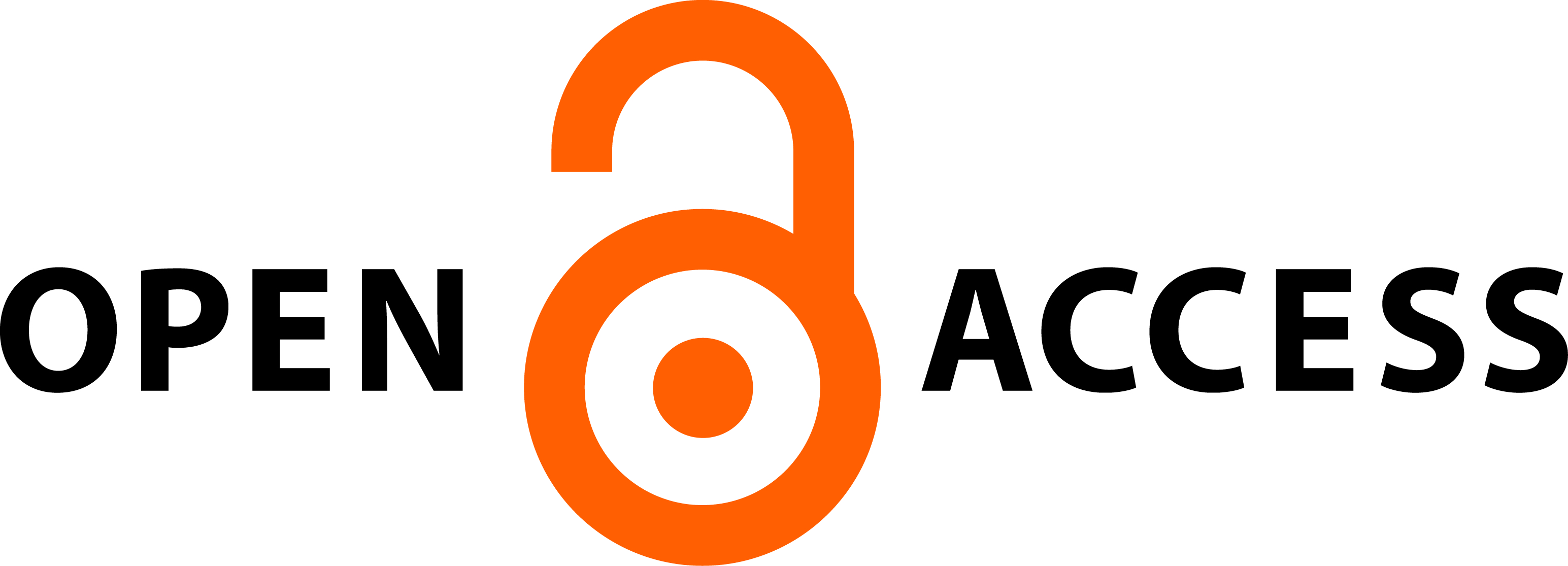Perencanaan Pembelajaran Thinking Skills di Pesantren Kuliyyatul Mu’allimin Al-Islamiyah (KMI)
DOI:
https://doi.org/10.21154/muslimheritage.v6i1.2847Keywords:
Planning, Learning, Think critically and creativelyAbstract
Abstract
Current learning tends to be focused a lot on developing memory for the content of information, not yet on efforts to train students' thinking skills to find solutions in solving a problem or making a decision. A learning process like this requires planning which is a form of teacher preparation before teaching. This study aims to identify learning planning at the Darussalam Kunir Subang Islamic Boarding School which combines the education system and teaching of the pesantrenan (salaf / traditional) with modern education. The qualitative approach with descriptive method was used to identify, describe, and analyze information needs regarding learning planning in the pesantren under study. Data collection was carried out by interview, observation, and documentation. Data analysis includes data reduction, data presentation, and drawing conclusions. The results revealed that the lesson planning at the Pondok Pesantren Darussalam Kunir Subang was in the form of i'dad tadris which is a teaching preparation prepared by Asatidz. The implementation of this educational institution is based on the Ministry of Religion for the administration of Madrasah Tsanawiyah (MTs) and Madrasah Aliyah (MA) education units. In addition, this pesantren also has a distinctive curriculum that adopts the Kuliyyatul Mu'allimin Al-Islamiyah (KMI) system from the Gontor Modern Islamic Boarding School.
Abstrak
Pembelajaran saat ini cenderung masih banyak difokuskan pada pengembangan daya ingat terhadap isi informasi, belum sampai pada upaya melatih keterampilan berpikir peserta didik untuk mencari solusi dalam memecahkan suatu masalah atau mengambil suatu keputusan. Proses pembelajaran seperti ini memerlukan perencanaan yang merupakan bentuk persiapan pendidik sebelum mengajar. Penelitian ini bertujuan untuk mengidentifikasi perencanaan pembelajaran di Pondok Pesantren Darussalam Kunir Subang yang memadukan sistem metodologi pendidikan dan pengajaran kepesantrenan (salaf/tradisional) dengan pendidikan modern. Pendekatan yang digunakan dalam penelitian ini adalah kualitatif dengan metode deskriptif untuk mengidentifikasi, mendeskripsikan, dan menganalisis kebutuhan informasi mengenai perencanaan pembelajaran di pesantren yang diteliti. Pengumpulan data dilakukan dengan wawancara, observasi, dan dokumentasi. Analisis data meliputi reduksi data, penyajian data, dan penarikan kesimpulan. Hasil penelitian menunjukkan bahwa perencanaan pembelajaran di Pondok Pesantren Darussalam Kunir Subang berupa i’dad tadris yang merupakan persiapan mengajar yang disiapkan oleh asatidz. Penyelenggaraan lembaga pendidikan ini menginduk ke Kementerian Agama untuk penyelenggaran unit pendidikan Madrasah Tsanawiyah (MTs) dan Madrasah Aliyah (MA). Selain menginduk kepada institusi tersebut, pesantren ini juga memiliki kurikulum khas yang mengadopsi sistem Kuliyyatul Mu’allimin Al-Islamiyah (KMI) dari Pondok Pesantren Modern Gontor.
Downloads
Additional Files
Published
Issue
Section
License
Requirements to be met by the author as follows:
- Author storing copyright and grant the journal right of first publication manuscripts simultaneously with licensed under the Creative Commons Attribution License that allows others to share the work with a statement of the work's authorship and initial publication in this journal.
- Authors can enter into the preparation of additional contractual separately for non-exclusive distribution of a rich version of the journal issue (eg:post it to an institutional repository or publish it in a book), with the recognition of initial publication in this journal.
- Authors are allowed and encouraged to post their work online (eg, in institutional repositories or on their website) prior to and during the submission process, because it can lead to productive exchanges, as well as citations earlier and more severe than published works. (see The Effect of Open Access).















